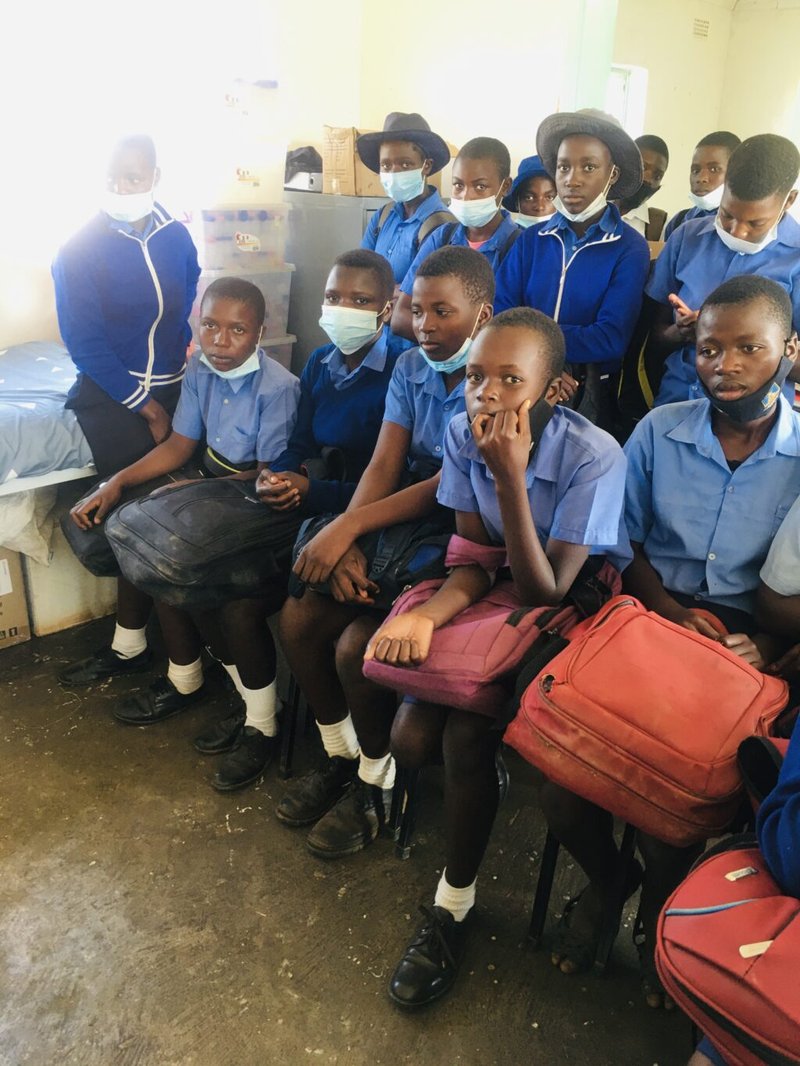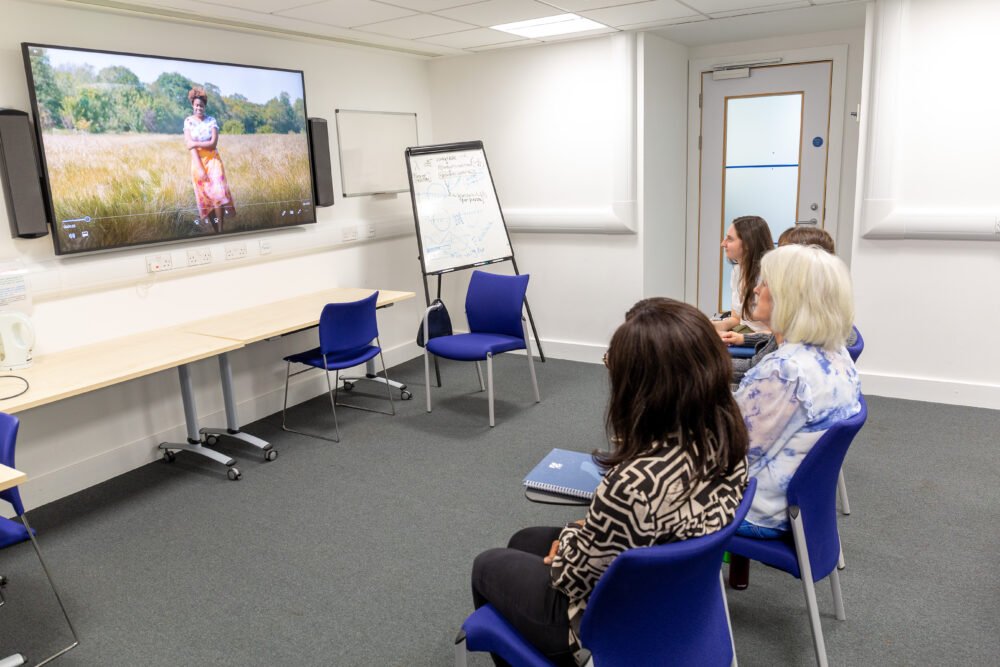
A new film launching today, produced in collaboration between Professor Agnieszka Piotrowska and Professor Francisca Mutapi, acts as both an awareness-raising and advocacy tool, amplifying the stories of people affected and calling for tailored interventions.
Bilharzia (also known as schistosomiasis or snail fever) affects people in 51 endemic countries across Asia, Africa and parts of South America. Bilharzia is an illness that develops when people come into contact with water contaminated by certain snails that carry disease-causing parasites. These parasites can penetrate through a person’s skin and move through the body.
Infection primarily affects the urinary or intestinal system, causing chronic ill health and, in some cases, death. Poor hygiene and water-based activities (such as swimming and fishing) make school-age children the most vulnerable, with infection responsible for malnutrition, absenteeism and impaired intellectual development.
In women, bilharzia can lead lead to female genital schistosomiasis (FGS) which can cause complications in pregnancy and triple the risk of contracting HIV. Children suffering from persistent and severe bilharzia infections are also likely to have chronic and irreversible diseases later in life, such as scarring (fibrosis) of the liver, bladder cancer or kidney failure. That’s why today on Day of the African Child we are sharing a powerful new film that looks at how children across Africa.
“The work on Wash began some 18 months ago when I was the Head of the School for Film, Media and the Performing Arts at the University for the Creative Arts, UK. It went on for a long time, involving a whole team of creative practitioners and my long time collaborators, in particular the Director of Photography, the award-winning Zimbabwean filmmaker Joe Njagu, the acclaimed Polish editor Anna Dobrowodzka as well as a number of animators in particular linked to Studio Mitkus in Lithuania. Glenncia Samuel who created the character of Tsitsi needs a special mention. It is a truly international team effort. We are all very proud of the film.”
Professor Agnieszka Piotrowska, Phd, SFHEA, the Andrzej Wajda Film Centrę, the University of Gdansk, Poland.
In the film, produced in collaboration between Professor Agnieszka Piotrowska and Professor Francisca Mutapi and funded n part by the Strategic England 21, we discover how bilharzia impacts the whole community; how solutions previously thought to address access to water, sanitation, and hygiene failed to meet the challenge; and how community engagement is vital in providing solutions that will allow us to end NTDs. The film ‘Wash’ acts as both an awareness-raising and advocacy tool, which amplifies the stories of people affected and working in the field, and calls for tailored interventions.
“What I have learned in twenty years of this research is that it is almost impossible to put interventions into a community without engaging with that community. You need to go in and ask them – what do you see as the problem and what do you think is the solution?”
Professor Francisca Mutapi, Professor in Global Health Infection and Immunity, Deputy Director of the NIHR Global Health Research Unit TIBA (Tackling Infections to Benefit Africa) and co-Director of the Global Health Academy at the University of Edinburgh.
To celebrate the launch of the film, Professor Mutapi held two showings of the film. One in rural Zimbabwe amongst children of school age. The second with university students in Edinburgh. These showings were sponsored by TIBA, which is an Africa-led, wide-ranging, multi-disciplinary research programme that explores and draws lessons from the ways that different African health systems tackle infectious diseases.

The launch of this film comes the week before the Kigali Summit on Malaria and NTDs, which is due to be held on the sidelines of the Commonwealth Heads of Government Meeting on June 23rd 2022. The Summit is a historic opportunity to show the world how malaria and NTD programmes “unlock the potential” of countries to build a safer world for everyone everywhere. Investments are critical for building resilient health systems, improving pandemic preparedness and prevention, and supporting healthier populations. Online registration is available here.